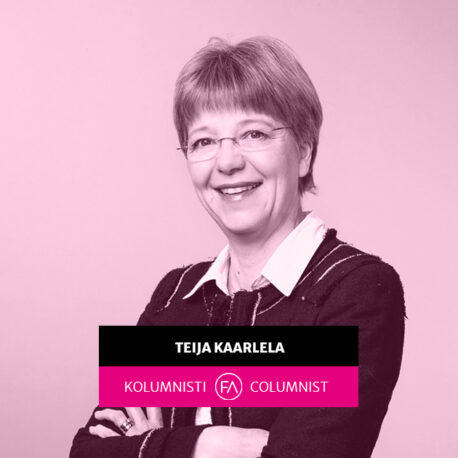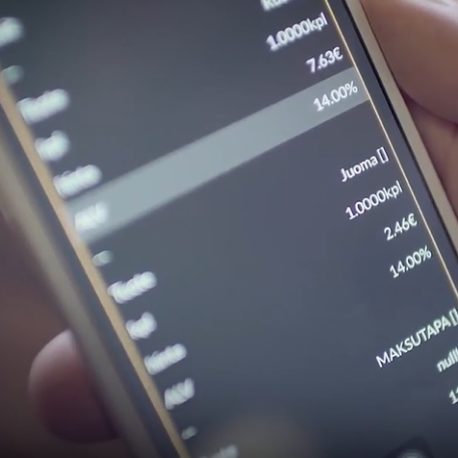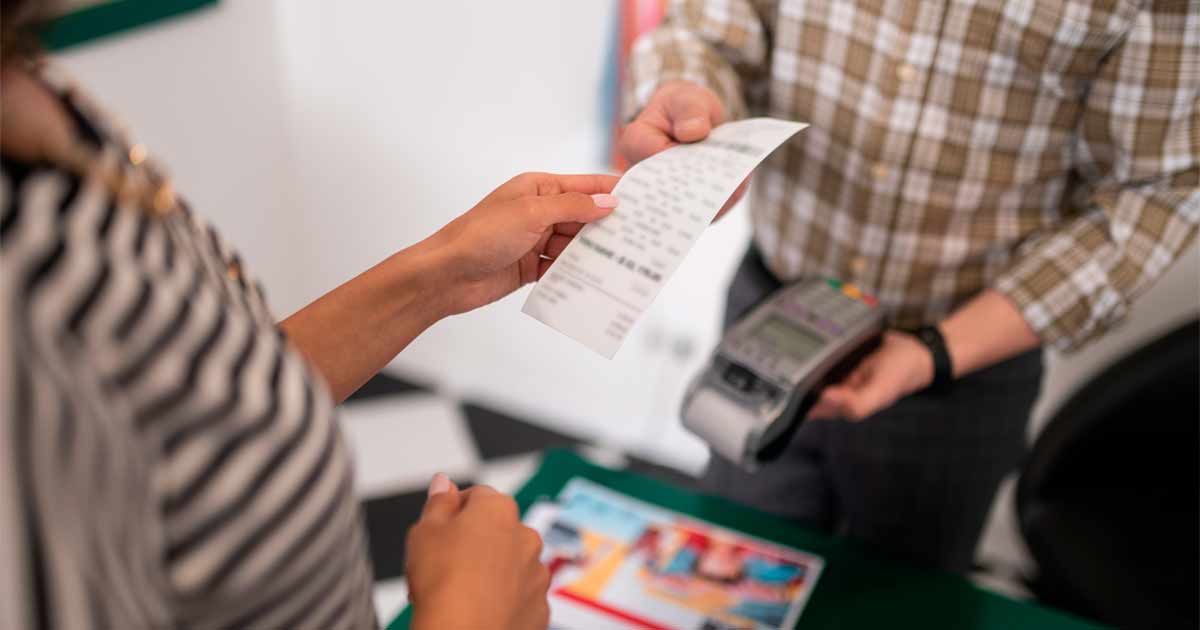
- The receipts from store purchases are the only remaining dominion of paper amid the rapid digitalisation of financial administration and accounting processes carried out by banks and SMEs.
- Online services and electronic documents enable efficient processes and reduce the amount of manual work required from employees.
- The digitalisation of payments also greatly reduces corporate greenhouse emissions.
“Card payments create a much smaller environmental load than cash, so the digitalisation of payments in itself already reduces emissions. If information in the receipt included the carbon footprint of the purchase, consumers would have an easy way to track their total emissions however they want”, says Development Director Kristiina Siikala from Finance Finland (FFI).
The adoption of e-receipts is in relatively early stages in Finland, however, despite the initiatives and cooperative projects. Receipts currently contain much information on products and suppliers that is not utilised in accounting. The State Treasury is planning to make the switch to using the Finnish eReceipt by the year 2025.
Finance Finland, the Association of Finnish Accounting Firms, and the accounting firm Gallant joined forces in 2015 to speed up business accounting. Their commitment to sustainable development was aimed at promoting a carbon-neutral and resource-efficient economy and showcasing the benefits of electronic accounting systems in practice.
During the 2015–2020 monitoring period of the commitment, processes became increasingly digital. SMEs’ financial management is primarily paperless thanks to e-invoicing and electronic archives. The transition to paperless accounting has been fast. The volume of card payments has also decreased year by year, and the coronavirus pandemic gave an additional boost to the popularity of cashless payments.
“Message standards and the use of structured data in all payment transactions enable the development of new accounting tools and software for the use of accounting firms and companies”, says Senior Adviser Janne Fredman from the Association of Finnish Accounting Firms.
Gallant first began to utilise e-invoices in its accounting processes.
“We soon realised that making the most of digital accounting and its climate benefits will require more than investing simply into electronic invoicing. The biggest direct climate benefits come from the eliminated need to transport materials. We should strive to make use of structured data also in payments, invoices and other financial transactions. Clear advantages include the fact that information is more up-to-date and reliable and can also be directly utilised further in business”, says Tuomas Tahvanainen, CEO of Gallant.
The Finnish State is in a big role in promoting the utilisation of structured data in payments. According to FFI Development Director Jarmo Markkanen, work with the State Treasury is active.
During the 2015–2020 monitoring period, the use of e-invoicing took off fantastically. In the five-year period, the State received an annual average of one million purchase invoices, which were one of the indicators selected for the commitment. At the end of 2020, more than 95% of the State’s purchase invoices were already electronic. The targets of the commitment were thus accomplished. Utilising e-invoice data has enabled a higher degree of automation.
“Since this April, the State has only accepted invoices that comply with the European norm. This will enable significant improvements in the data content of e-invoices and a higher rate of automation”, says Pirjo Ilola, senior finance administration specialist at State Treasury.
In the near future, businesses will become subject to new requirements regarding the disclosure of carbon footprints in the tendering process of construction projects, for example. Including carbon footprint information in b2b structured invoices would be an idea worth pursuing, with high potential for climate benefits. The society’s commitments to sustainable development are Finland’s way to implement the UN’s global Agenda for Sustainable Development.
Still have questions?
|Contact FFI experts
Looking for more?
Other articles on the topic
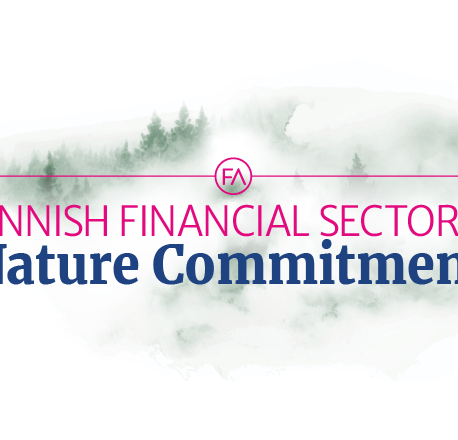
Finnish financial sector signs nature commitment to enhance the transparency of its biodiversity action

Cash has a long history as a public monopoly – and it is not over yet

More secure and simplified online shopping ‒ Click to Pay removes need to manually enter card information
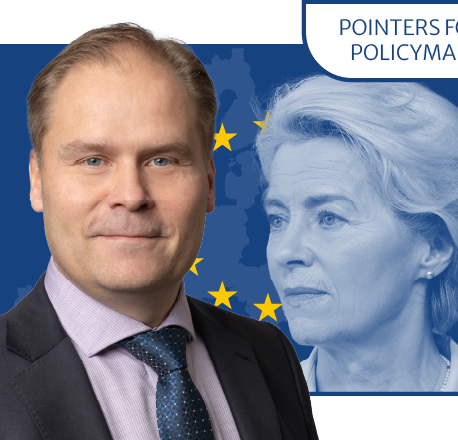
An empty wallet is a useless wallet – European digital identity wallet needs more meat to the bones and fast
